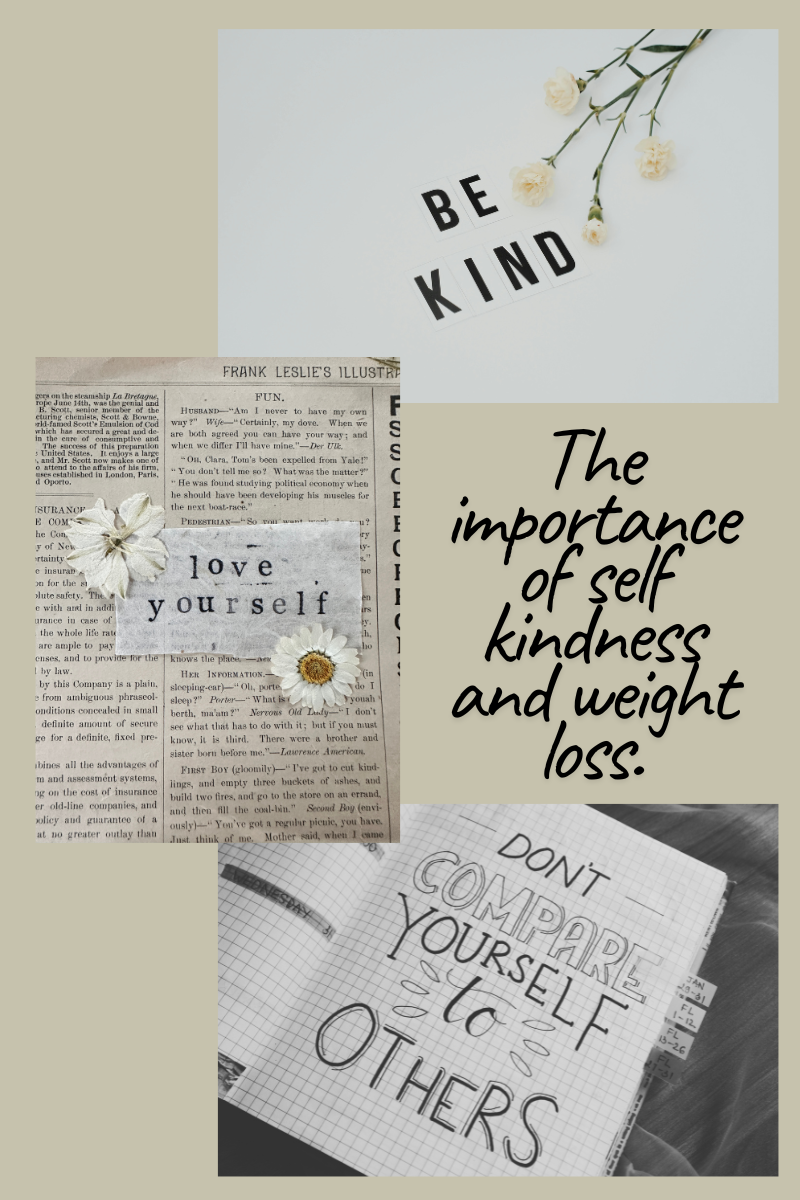Nutrients - Fats - Group Talk - Week Commencing 27th March 2023.
- friendsonajourney2
- Apr 5, 2023
- 3 min read

Fat is one of our Macro Nutrients that we need to eat to be healthy, but we must focus on eating the right kinds of fats; healthy fats (Unsaturated) and avoid eating too much unhealthy fats (Saturated).
Our bodies require fats as part of a healthy balanced diet to;
Support our bodies absorb fat soluble vitamins i.e. A, D, E and K.
To get the balance of essential fatty acids; Omega 3, Omega 6 that the body doesn't produce.
To create the hormones that support our bodies to work appropriately.
To have energy
To stay warm
To be healthy we are advised to consume 35% of our daily food intake as fat, but less than 11% of that should be saturated fats, which is equivalent to 54.4g of unsaturated fat per day and 17.1g saturated fat per day. Eating more than the requirements will resort in it becoming excessive body fat.
We do require body fat to function properly and to be physically active, but excessive especially around the waist can increase our risk of developing heart and circulatory disease. It also can make you feel more tired, acerbate joint pain and make you snore while you sleep.
We have four main types of fats in our diets;
Monounsaturated Fat
Polyunsaturated Fat
Saturated Fat
Trans Fat
'Healthy Fats' - Monounsaturated fat and Polyunsaturated fat, these support the maintenance healthy cholesterol levels.
'Unhealthy Fats' - Saturated fats and Trans fats these raise your 'bad' (non - HDL) cholesterol in your blood.
Too much cholesterol increase your risk;
stroke
heart Attack
Vascular Dementia
We find Monounsaturated fats - healthy fats in small amounts with-in;
Peanut butter
Almonds
Cashews
Hazelnuts
Peanuts
Pistachios
Rapeseed Oil
Olive Oil
Avocados
We find Polyunsaturated fats - healthy fats in small amounts with-in;
Oily fish - Kippers, Mackerel, Salmon...
Rapeseed Oil
Sunflower Oil
Corn Oil
Walnuts
Pine Nuts
Sesame Seeds
Sunflower Seeds
We find Saturated fats - Unhealthy fats, we should reduce our consumption and swap for unsaturated fats;
Processed and fatty meats
Sausages
Ham
Burgers
Bacon
Hard Cheeses - Cheddar
Whole milk
Cream
Ice Cream
Butter
Lard
Ghee
Suet
Palm Oil
Coconut Oil
We find Trans Fat - Unhealthy fats, limit the consumption as much as you can;
Fried Foods
Takeaways
Biscuits
Cakes
Pies
Pastries
Hard Margarines made with hydrogenated oils.
Understanding food labelling
Food that's labelled
Lite
Light
Lighter
must have less than 30% less fat than the original product.
Low fat or reduced fat, must be less than 3g of fat per 100g's and the traffic light label will be Green.
Often fat is replaced with extra salt or sugar to make it taste as the original product, this might mean the original product is actually healthier, always read the labels.
How can we reduce unhealthy fats within our diets
Cooking with vegetable oils, olive oil, rapeseed oil or sunflower oil.
Measure the amount of oil you use either by measuring spoon or by using a spray bottle.
Swap your sandwich spreads, to using spreads made from vegetable or nut oils and your fillers from cheese and process meats to oily fish and vegetables.
Reduce your intake of processed meats like burgers and sausages to lean meats with less fat i.e. chicken, turkey and fish or plant base proteins i.e. lentils, beans, tofu, quorn.
Swap ready made biscuits, cake, crisps, seasoned nuts for homemade options or fresh fruit and vegetables.
Use semi skimmed, skimmed, 1% milk, or no added sugar plant based milks.
Use reduce fat cheese i.e. Feta, Mozzarella, Cheddar, Edam, Halloumi etc Rather than the full fat version.
Always read the labels limiting food within the Red and reducing foods within the Amber, and enjoying those within the Green.
By cooking and baking the foods we eat using whole foods, knowing the ingredients by name and sight is prioritising our health and well-being, limiting the consumption of Trans fat and reducing the consumption of saturated fats.
Resources:




Comments